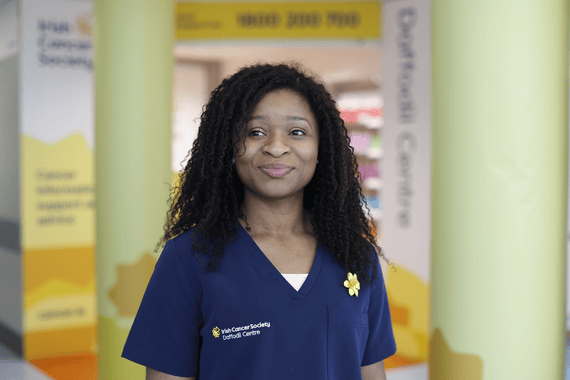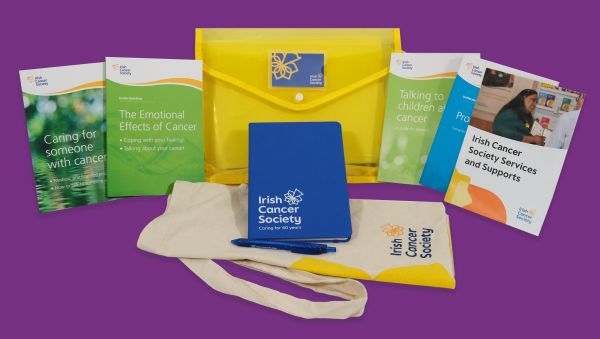Bladder cancer
Diagnosis and tests
Diagnosing bladder cancer
Your family doctor (GP) will talk to you about your symptoms and your general health. Your GP may do a urine tests to see if your symptoms are caused by an infection. If they think you need more tests, your GP will refer you to hospital. You may be referred to a haematuria clinic, which specialises in understanding why there may be blood in your urine. Tests you might have include:
If you have bladder cancer there may be cancer cells in your urine.
Your blood can be tested to see that your kidneys and liver are working normally. Your blood count will also be tested.
Ultrasound or a CT scans can check the kidneys, ureters (tubes that bring urine from your kidney to your bladder) and bladder.
This is performed under a local anaesthetic. A small tube with a light passed into your bladder to look at the bladder lining. The vagina or prostate may be felt using a finger examination. This is because these organs are close to the bladder.
A urologist is a doctor who specialises in treating bladder and kidney problems.

If you are diagnosed with bladder cancer, we're here for you.
Our cancer nurses are here if you need information or just want to talk. They can help you to understand your diagnosis and what to expect, send you information and tell you about our services.
Further tests for bladder cancer
You may need further tests to give your doctors more information about your general health and about the cancer. For example:
A small tube with a light passed into your bladder to look at the bladder lining. Instruments can be passed through the tube so that the healthcare professional can take a biopsy (tissue sample).
Cystoscopies are usually done to diagnose bladder cancer, but you may have one later in in your treatment. Read more about cystoscopy.
A biopsy is where a small sample of tissue is removed from your bladder and examined under a microscope. This can give more information about what type of bladder cancer you have and its grade.
You may have a biopsy during a cystoscopy as part of diagnosing your cancer. You may have a second biopsy and exam under general anaesthetic if the first biopsy sample was very small. Your surgeon will decide if you need another
cystoscopy for another biopsy or to make sure all the cancer has been removed.
This is a special type of X-ray that gives a detailed 3D picture of the tissues inside your body. For a CT scan of your urinary tract you might be asked to fast (not eat) for a few hours before the test.
This is a scan that uses magnetic energy to build up a picture of the tissues inside your body.
With rare types of bladder cancer, you may need to have a bone scan. The scan can check for signs that cancer has spread to the bones.
A PET scan can show if cancer has spread to other tissues and organs. A low dose of radiotracer (radioactive sugar) is injected into your arm. An hour or so later you will have a scan. The PET scan uses the radiotracer to highlight cancer cells in the body.
Staging and grading bladder cancer
The tests you have can help to:
- Stage your cancer. This means finding out how deeply the cancer has grown into the bladder and if it has spread to other parts of your body.
- Grade your cancer. Grading describes how aggressive the cancer cells appear under the microscope.
- Decide on the risk group for non-muscle invasive bladder cancer.
Some tests may be used to see how you are responding to treatment.
Waiting for test results
It usually takes 2-4 weeks for all the test results to come back. Waiting for results can be an anxious time. It may help to talk things over with your doctor or nurse or with a relative or close friend. You can also call our Support Line on 1800 200 700 or visit a Daffodil Centre to speak to a cancer nurse.
Continue reading about bladder cancer




Get help & support

Support Line
Free support pack

